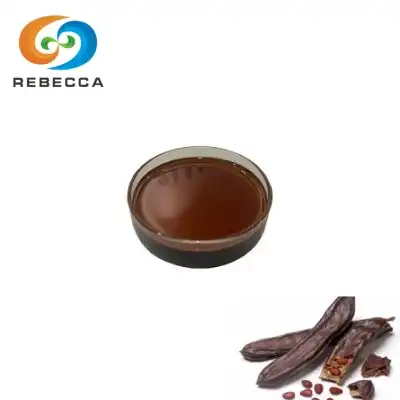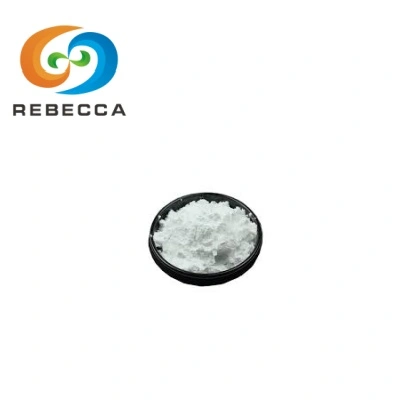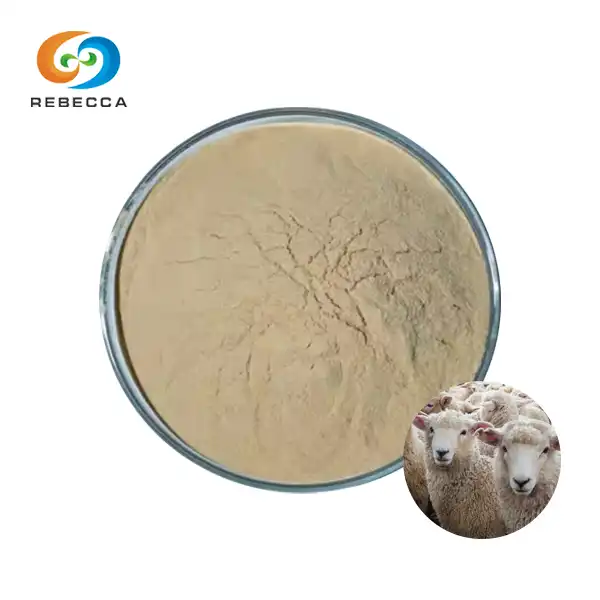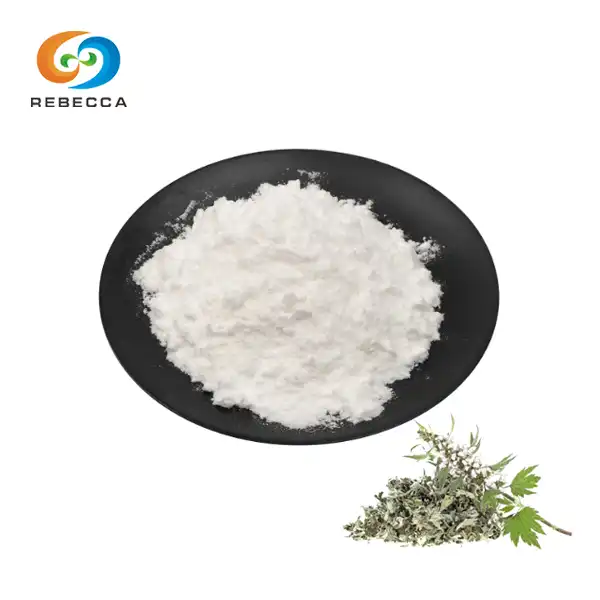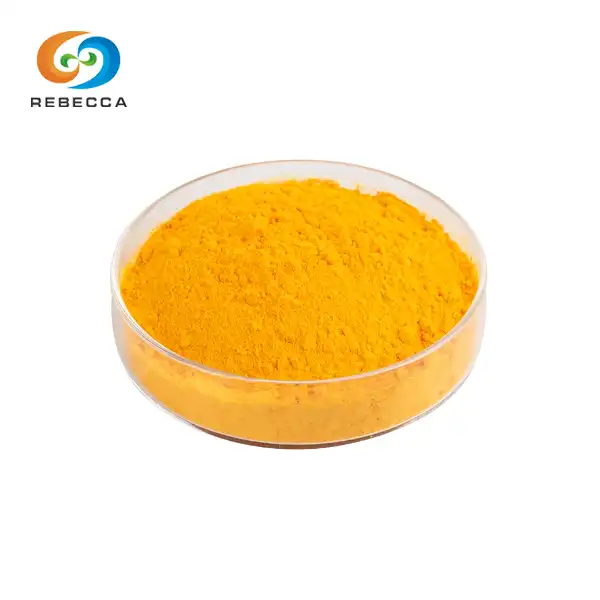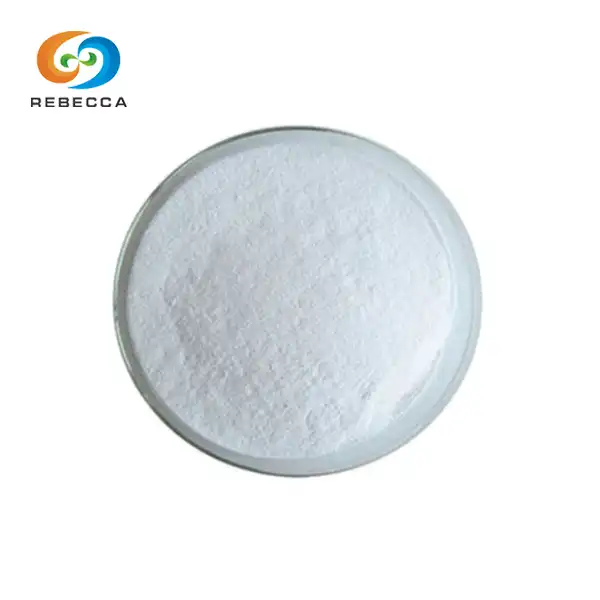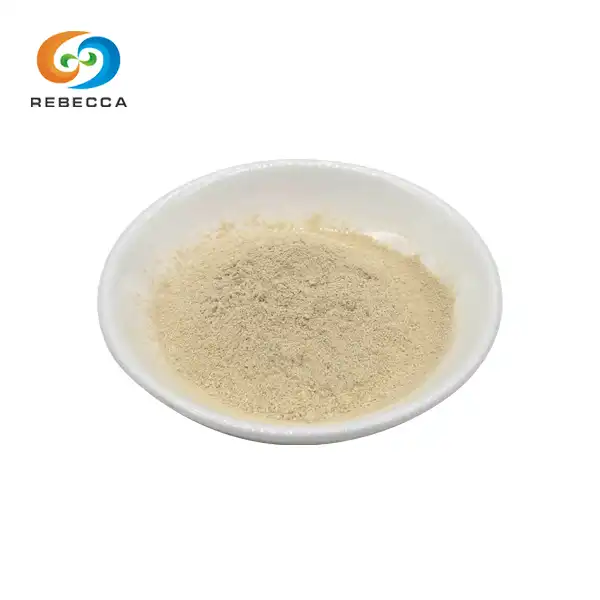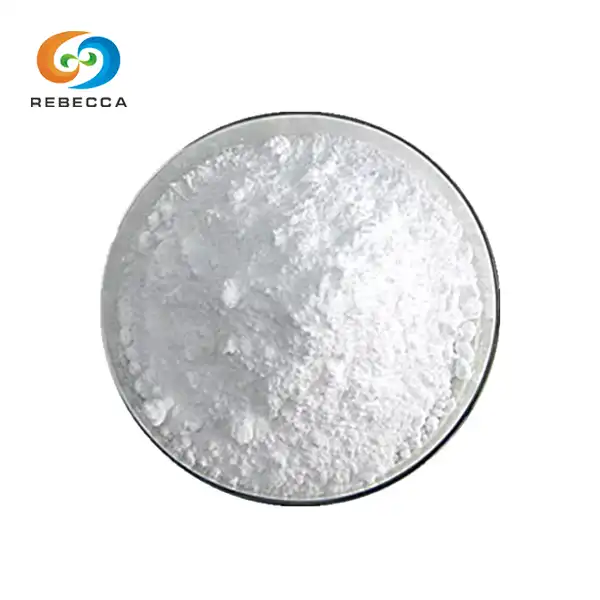What is honey powder?
Honey, the golden nectar produced by bees, has been cherished for centuries for its sweet flavor, nutritional benefits, and versatile uses. But have you ever encountered its lesser-known counterpart, honey powder? As the demand for convenient, shelf-stable food ingredients grows, honey powder has emerged as a practical solution that retains the essence of traditional honey while offering unique advantages. In this article, we'll delve into the world of honey powder, exploring its powdered form, natural components, and diverse applications. Along the way, we'll also touch on the fascinating realm of pure propolis extract, a related natural substance that shares similar principles of botanical innovation and scientific processing.

Honey Powder: Transforming Liquid Gold into a Versatile Powdered Form
Honey powder is, at its core, a dehydrated version of liquid honey, crafted through careful processing to remove moisture while preserving its key characteristics. The transformation begins with high-quality liquid honey, which undergoes a drying process—typically spray drying or freeze-drying—to convert it into a fine, free-flowing powder. Spray drying involves atomizing the honey into hot air, where moisture evaporates rapidly, while freeze-drying freezes the honey first and then removes moisture through vacuum sublimation. Both methods aim to maintain the natural flavor and nutritional profile of honey while creating a stable, easy-to-use product.
To enhance stability and prevent clumping, food-grade carriers such as maltodextrin or cornstarch are sometimes added during processing. These carriers help absorb excess moisture and provide a structural matrix for the honey solids, ensuring the powder remains free from caking even in humid environments. However, the use of carriers can vary depending on the manufacturer's specifications, with some products opting for minimal additives to maintain a more "natural" profile.
The resulting honey powder boasts a texture akin to talcum powder, with a sweet, mildly floral aroma that mirrors its liquid counterpart. One of its most notable properties is hygroscopicity—the ability to absorb moisture from the air. This means it must be stored in airtight containers to prevent caking, but it also makes it an excellent ingredient for formulations that benefit from retained moisture, such as baked goods or nutritional bars. Compared to liquid honey, honey powder offers superior shelf stability, lasting up to two years or more when stored properly, making it a preferred choice for industrial applications where long-term usability is essential.
The science behind honey powder production intersects with food engineering, focusing on preserving bioactive compounds while achieving optimal physical properties. Studies have shown that while extreme heat during spray drying might slightly reduce certain heat-sensitive components like enzymes, freeze-drying tends to preserve more of the original nutritional profile. This attention to processing methods highlights the balance between convenience and quality, a principle that also applies to the production of other natural extracts, including pure propolis extract.
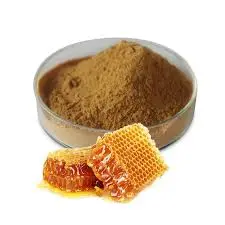
Natural Components of Honey Powder
Honey powder owes its value to the rich array of natural components inherited from liquid honey. At its simplest, honey is a blend of sugars, primarily glucose and fructose, which contribute to its sweetness and energy-providing properties. These monosaccharides are readily absorbed by the body, making honey powder a quick source of fuel for athletes or a natural sweetener in energy-boosting products.
Beyond sugars, honey powder contains a spectrum of minerals, including potassium, calcium, magnesium, and iron, which play vital roles in supporting bodily functions such as muscle contraction, nerve transmission, and oxygen transport. Vitamins like vitamin C, B6, and various B-complex vitamins are also present, though in smaller quantities, contributing to the powder's nutritional appeal.
One of the most studied aspects of honey is its antioxidant content. Phenolic compounds such as flavonoids and organic acids act as antioxidants, helping to neutralize free radicals and reduce oxidative stress in the body. The specific antioxidant profile of honey powder depends on the floral source of the honey—for example, honey derived from eucalyptus or clover may have different phenolic compositions. These antioxidants are not only beneficial for human health but also contribute to the powder's potential shelf-stable properties by inhibiting oxidative degradation.
Comparable to honey powder in its botanical origins, pure propolis extract is derived from the resinous substance bees collect from tree buds and sap. Propolis, often referred to as "bee glue," is rich in bioactive compounds, particularly flavonoids, which are known for their anti-inflammatory, antimicrobial, and immune-supporting properties. Rebecca Bio-Tech's pure propolis extract, for instance, offers varying concentrations of flavonoids, ranging from 3% in liquid formulations to 22% in high-purity extracts, reflecting the same commitment to preserving natural components through precise processing. Just as honey powder retains the essence of honey, propolis extract captures the therapeutic potential of this bee-made resin, demonstrating how botanical processing can unlock nature's benefits in usable forms.
The nutritional and bioactive components of honey powder make it more than just a sweetener; it's a functional ingredient with potential health benefits. Whether used in dietary supplements, functional foods, or natural cosmetics, its composition aligns with consumer trends favoring clean, natural ingredients—an ethos shared by the development of pure propolis extract and other botanical derivatives.
From Kitchens to Cosmetics
The versatility of honey powder has made it a sought-after ingredient across multiple industries, each leveraging its unique properties to enhance products. In the food and beverage sector, it serves as a convenient, mess-free sweetener that can be easily incorporated into dry mixes, baked goods, cereals, and snacks. Unlike liquid honey, which can add moisture and complicate formulations, honey powder blends seamlessly into dry ingredients, ensuring consistent flavor and texture. It's also a popular choice for instant beverages, such as powdered honey milk or herbal teas, where solubility and shelf stability are key.
In dietary supplements, honey powder may be used as a natural flavoring agent or a carrier for other bioactive compounds. Its inherent sweetness can mask the bitter taste of certain nutrients, making supplements more palatable. Additionally, the powder's hygroscopic nature allows it to retain moisture in softgels or chewable tablets, preventing them from drying out during storage.
The cosmetic industry has also embraced honey powder for its moisturizing and humectant properties. When incorporated into creams, lotions, or facial masks, it helps attract and retain moisture in the skin, leaving it soft and hydrated. Its antioxidant content may also contribute to anti-aging benefits by protecting the skin from environmental stressors. Similar to honey powder, pure propolis extract is valued in cosmetics for its antimicrobial and soothing properties, often used in products designed to calm irritated skin or combat acne.
Beyond these applications, honey powder finds use in industrial settings where ease of handling and long shelf life are critical, such as in the production of pet food, where it adds palatability without the mess of liquid honey. Its neutral color and fine texture also make it a versatile ingredient in food coloring and flavoring systems, where it can be combined with other powders to create complex blends.
The synergy between honey powder and ingredients like pure propolis extract highlights a broader trend in the natural products industry: harnessing botanical resources through science-driven processing. Rebecca Bio-Tech's range of propolis extracts, with specifications like 95% purity (EU standard) and varying flavonoid contents, demonstrates how precise manufacturing can tailor natural ingredients to meet the specific needs of different industries, whether for dietary supplements requiring high bioactivity or cosmetics seeking gentle, effective compounds.

Rebecca Pure Propolis Extract
As we've explored the science and applications of honey powder, it's clear that nature's bounty can be transformed into innovative ingredients through careful processing. Rebecca Bio-Tech extends this philosophy to its propolis extract, a product derived from the resinous sap collected by bees, known for its remarkable bioactive properties. Our propolis extract is available in multiple specifications to suit diverse needs:
95% purity with 20% flavonoid content and 98% purity with 22% flavonoids: Ideal for dietary supplements and functional foods requiring high-potency bioactive compounds.
95% EU standard: Meeting strict European Union quality and safety standards for international applications.
70% purity with 10% or 12% flavonoids: Versatile options for cosmetics, nutraceuticals, or formulations where balanced potency and cost-effectiveness are priorities.
30% liquid extract with 3% flavonoids: A convenient solution for liquid-based products such as tinctures or topical creams.
Visually, our propolis extract presents as a dark green, glossy block with greyish-brown sections, reflecting its natural botanical origin. We prioritize transparency and quality, offering free samples and MSDS (Material Safety Data Sheet) to ensure our partners can confidently incorporate our products into their formulations.
Whether you're developing a new dietary supplement, a line of natural cosmetics, or a functional food product, Rebecca Bio-Tech's pure propolis extract provides a reliable, science-backed ingredient. To learn more about how our extracts can enhance your formulations or to place an order, please reach out to us at information@sxrebecca.com.
References
[1] Campagna, S., et al. (2018). "Effects of Drying Methods on the Physicochemical Properties of Honey Powder." Journal of Food Science and Technology, 55(3), 1023-1031.[2] Bankova, V. (2005). "Propolis: Chemical Composition, Biological Properties, and Recent Applications." Apidologie, 36(1), 3-15.[3] United States Department of Agriculture (USDA). "Honey Nutrition Facts."
